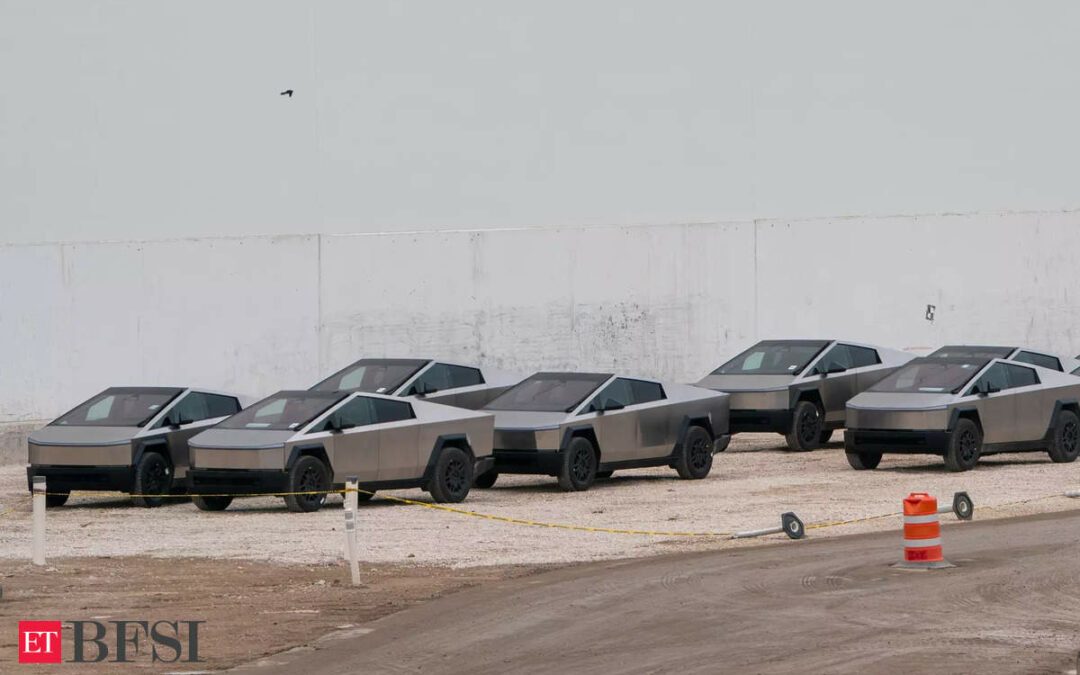Budget Expectations: In recent years, India’s drive to get Tesla be part of its localisation push has increased and trade minister Piyush Goyal’s visit to Elon Musk’s auto factory added wings to the dreams. Goyal had also said that the US-based electric vehicle major would double its imports of auto components from India. Tesla Inc.’s Chief, Elon Musk, met with Prime Minister Narendra Modi in June in New York. Following the meeting, Musk expressed intentions to visit India in 2024.
The Austin-based electric vehicle (EV) giant had pursued reduced import duties on EVs in India in 2021, aiming for rates slashed to 40% from the existing 70%-100%. Tesla eyes India’s burgeoning middle class in one of the most promising EV markets globally.
Back in August 2021, Musk hinted at the possibility of Tesla establishing a manufacturing unit in India, contingent upon the success of imported vehicles in the country. He highlighted Tesla’s interest in introducing its vehicles to India but pointed out that the country held the highest import duties among major nations, which posed a challenge.
However, India had in the past stated that Tesla will have to manufacture cars in India and not China if the company wants to come and sell vehicles here. Union Road Transport and Highways Minister Nitin Gadkari had in 2022 said Musk will not get any special treatment when it comes to customs duties.
But now things seem to be moving fast for India to roll out the red carpet to bring Tesla’s investments and policies can likely feature in the interim budget.
Tesla’s potential investment aligns with India’s economic objectives, boosting manufacturing’s GDP share and job creation. R
Economic Times had reported citing sources carmaker Tesla is willing to invest up to $2 billion for setting up a local factory if the government approves a concessional duty of 15% on imported vehicles during its first two years of operations in India.
India levies a steep 100% import duty on cars with cost, insurance and freight value of more than $40,000, and 70% on vehicles that have a lower price tag.
Tesla has approached the union government with a detailed proposal linking the quantum of investment to the number of cars it can import at lower duty, ET reported. The company is willing to invest up to $500 million if the government extends concessional tariff for 12,000 vehicles and can increase this up to $2 billion if the reduced duty is approved for 30,000 vehicles.
Reports indicate that India is contemplating tax reductions on fully assembled electric vehicle imports, potentially spanning five years, aiming to attract companies like Tesla Inc. to market and potentially manufacture their vehicles within the nation.
According to Bloomberg’s sources, the Indian government is formulating an electric vehicle policy that would enable global automakers to import battery-powered vehicles at concessional duty rates, provided they commit to local production in the future.
Tesla’s possible entry via tax reduction could reshape the EV landscape in India. However, India’s budget will then have to balance this advantage with local automakers’ concerns.
Tata Motors and Mahindra & Mahindra, major Indian players, have voiced concerns about reduced EV taxes, emphasising the need for early-stage government support. These manufacturers worry about increased competition from globally favored high-end EVs due to tax cuts.
Any electric vehicle policy in the interim budget, especially favoring overseas players like Tesla, poses challenges for India’s mass-market car manufacturers. The budget’s decisions will then impact not just Tesla’s entry but also the future landscape for local EV manufacturers.
Tesla is anticipated to unveil its Indian plant’s plans during January’s Vibrant Gujarat Summit, attended by CEO Elon Musk, as per media reports. The selection of Gujarat aligns with Tesla’s export-focused strategy, aiming to serve both local and global markets, as reported by the Ahmedabad Mirror.
Earlier, Gujarat, Maharashtra and Tamil Nadu were being considered by the company given the well-established ecosystems for electric vehicles and exports.










